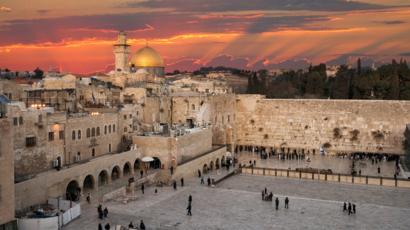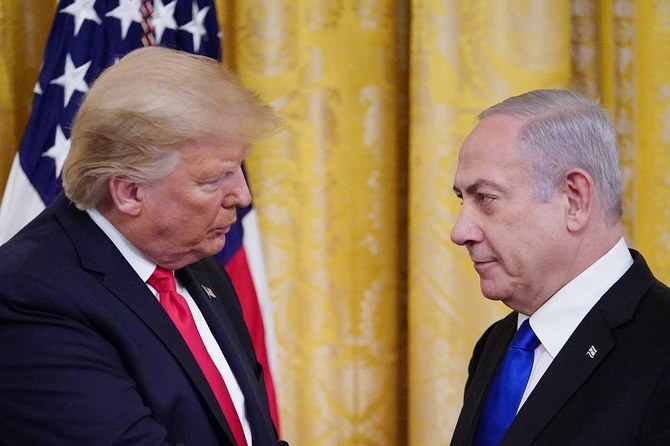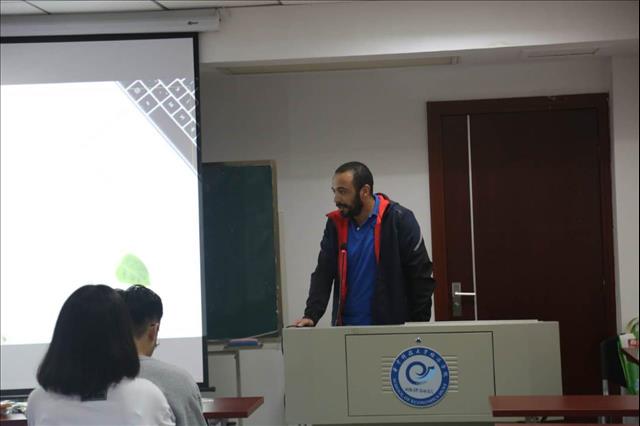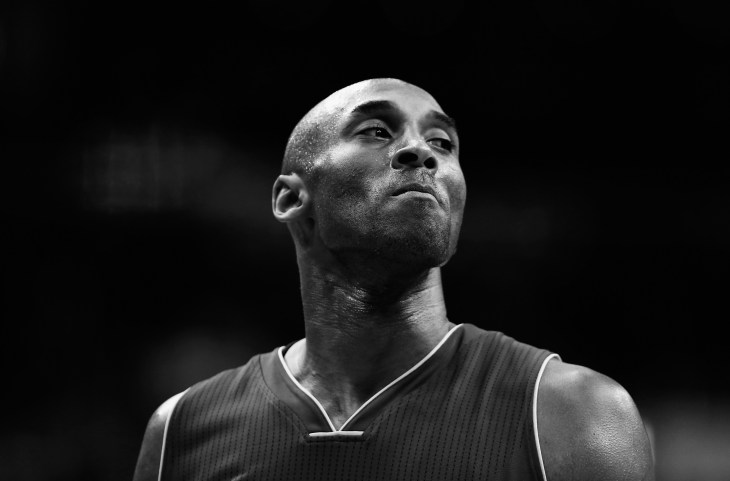by aawsat.com — The Lebanese government has taken a central bank circular aimed at regulating the relationship between banks and their customers and will study and decide on it within days, Finance Minister Ghazi Wazni told LBC broadcaster Saturday. Lebanese banks, seeking to prevent capital flight, have tightly controlled access to deposits and blocked most […]

by thearabweekly.com – Sami Kadi —BEIRUT – There is no proper public transport, no housing policy, no electricity and no decent roads in Lebanon, reasons enough for the Lebanese to stop paying taxes, argue activists of the “We Will Not Pay” campaign begun in reaction to the country’s deteriorating economic situation. The campaign, an implicit invitation to civil disobedience, basically calls on the Lebanese to stop paying electricity bills, income taxes and other government fees, in addition to high-interest bank loans that people contracted to finance services that the state has failed to provide for decades, said Roy Dib, a campaign activist. “It is a show of solidarity with the people who are rebelling against the political authorities because they lost their jobs, their savings are frozen and they can no longer afford to pay their dues,” Dib said. “The campaign calls on all Lebanese (without exception), including those who can pay loans, to boycott paying until certain demands are met.” “We pay double power bills (including one for private generators), take house loans because the government has no housing policy, car loans because there is no proper public transportation system and education loans to enroll in private universities because the level of public education has dropped drastically. These financial burdens are imposed on the Lebanese due to the government’s poor services,” Dib said.
Banks have been providing private loans with interest rates as high as 20%. The campaign aims to have banks offer a 6-month grace period for repayment of loans after which they would reschedule payments in addition to eliminating or reducing interest on loans. Dib said boycotting payments of loans “is a pressure tool to reschedule the loans and to assist those who are unable to pay and there are many of them.” “Banks have made a lot of money from high-interest rates over decades. It is time they pay back,” he said, adding that activists have prepared draft bills that some MPs are willing to propose in parliament to force banks to change their policies to protect people unable to pay back loans. The campaign established a hotline to volunteer lawyers providing legal consultations. “Every Friday a person can take an appointment to meet the lawyers and get advice on legal issues with the banks,” Dib said.

Brian Sozzi — by finance.yahoo.com —The million-dollar question for IBM market observers? Did Big Blue — in promoting 30-year insider Arvind Krishna on Thursday night to replace long-time CEO Ginni Rometty in early April — just have its Microsoft Satya Nadella moment? “I wouldn’t be surprised if [IBM] is looking at Microsoft and hoping the same thing happens here,” said Sevens Report Research founder Tom Essaye on Yahoo Finance’s The First Trade. Mostly everyone by now knows the Nadella folk story at Microsoft.
Microsoft promoted Nadella to CEO in 2014, taking over for the always charismatic Steve Ballmer. Nadella joined Microsoft in 1992 and rose the ranks on the technical side of the business. Before assuming the CEO role, Nadella was instrumental in pivoting Microsoft to the cloud. In Nadella, Microsoft got a CEO with real technical chops that could pivot the company to the future of computing and work. That was different from the salesman like skills of Ballmer, which garnered mixed results in terms of stock and financial performance. Since Nadella took over, Microsoft’s stock has surged more than 300%. The company’s market cap is a staggering $1.3 billion. Nadella has used his technical skills to accelerate Microsoft’s shift to cloud and enter into new businesses such as LinkedIn (which he led Microsoft in acquiring). Above all else, most experts would agree Nadella has completely transformed Microsoft’s culture to one focused on speed and execution. To Essaye’s point, IBM is probably hoping to catch Nadella-like magic in the battle with Krishna. Indeed the resumés are very similar.
BEIJING, (UrduPoint / Pakistan Point New) :The newly-appointed Lebanese agriculture minister said on Friday that his first priority is to restore good ties with Syria in a bid to facilitate the export of Lebanese products to other Arab countries. “After the government gets a vote of confidence, I will be visiting Syria to build good […]
thearabweekly.com — LONDON – Lebanon has moved to combat “capital flight” after it emerged that $1 billion has already been transferred out of the country despite restrictions on withdrawals. According to local reports, Lebanon’s central bank informed local lenders to settle debt securities and Certificates of Deposit in client accounts, part of emergency measures to […]

by catholicherald.co.uk — The proposed Israeli-Palestinian peace plan announced this week is “no solution,” Catholic bishops of the Holy Land said on Wednesday. “This plan will bring no solution but rather will create more tensions and probably more violence and bloodshed,” read a statement on Wednesday from the Assembly of Catholic Ordinaries of the Holy Land, which represents Christians from Latin, Melkite, Maronite, Syrian, Armenian, and Chaldean churches in communion with Rome. The ordinaries said that the plan was one-sided in favor of Israel’s traditional demands for a two-state solution and was a “unilateral initiative” that did not involve the agreement of the Palestinians, nor respected their “equal rights and dignity.” “It is to be considered a unilateral initiative, since it endorses almost all the demands of one side, the Israeli one, and its political agenda,” the statement read. “On the other hand, this plan does not really take into considerations the just demands of the Palestinian people for their homeland, their rights and dignified life.”
The proposed “Peace-to-Prosperity” plan, announced on Wednesday by U.S. President Donald Trump and Israeli Prime Minister Benjamin Netanyahu, outlined a path to statehood for Palestine as part of a “two-state solution.” Tuesday’s proposal is open to acceptance by Palestinian leaders for a four-year term. It would set up borders for a new Palestinian state with its capital of “al-Quds,” the Arabic name for Jerusalem, encompassing parts of East Jerusalem. However, the rest of the city—including the Old City—would remain part of Israel. Israel would also keep around a third of the West Bank, including existing settlements and the Jordan Valley. There would be a four-year halt to an expansion of Israeli settlements into the proposed Palestinian territory, but there is no freeze on settlements within Israel’s proposed future boundary in the West Bank. Appearing with President Trump on Tuesday at the White House, Netanyahu said that Israel would not wait to “apply its laws” to areas that would fall under its control in the proposed boundaries, including the Jordan Valley and Jewish communities in Judea and Samaria.
by aawsat.com — The Lebanese state is seeking to control the rise in the value of the US dollar against the local currency by clamping down on money changers who have failed to adhere to the limits set by the central bank and the Lebanese Money Changers Association. Last week, the Association said it had […]

by arabnews.com — NAJIA HOUSSARIBEIRUT: In response to the unveiling of US President Donald Trump’s Middle East peace plan on Tuesday, politicians and activists in Lebanon reiterated their support for the right of Palestinians to return to their homeland, and said they would reject any attempt to permanently resettle refugees on its soil. Trump’s plan includes billions of dollars of investment in the Palestinian territories and neighboring countries, including Lebanon, which is grappling with an unprecedented economic crisis. Some are worried that the investment might be an inducement to accept the permanent settlement of Palestinian refugees, sparking renewed fears of a shift in the country’s Christian-Muslim balance. Lebanon hosts 12 refugee camps for Palestinians. A day of protest about the Trump plan was due to take place in the camps on Wednesday, including a general strike, marches and rallies.
Figures from the Lebanese Ministry of Interior reveal that the country hosted almost 600,000 Palestinian refugees between 1948 and 2016. The number registered with The United Nations Relief and Works Agency for Palestine Refugees (UNRWA) is 459,292. A census carried out in 2017 by Lebanon’s Central Statistics Department and the Palestinian Central Bureau of Statistics in 2017 found that 174,422 refugees lives in the camps. “Lebanon does not currently have any strategy on how to face this difficult moment,” said Hassan Mneimneh, head of the Lebanese–Palestinian Dialogue Committee (LPDC), an inter-ministerial government body. “The Ministry of Foreign Affairs has not prepared any strategy on how to deal with any attempt to impose resettlement as a fait accompli. We, as Lebanese, must strive to confront this long path because resettlement will not happen overnight, and Lebanon must refuse any trade off between its faltering economic situation and the resettlement issue. There should be no compromise on this matter at all. “The solutions to the economic crisis must be far removed from the temptations that might be offered to Lebanon in exchange for resettlement.”

(MENAFN – Asia Times) Lebanese student Adham al-Sayed was completing the last four months of his PhD in Wuhan, China this week, when instead of a quiet Lunar New Year of thesis work, he found himself at the epicenter of the coronavirus outbreak, cordoned off in a province on lockdown. Chinese authorities on January 22 ordered a “sanitary cordon” of Hubei province, shutting down transportation routes and effectively sealing off more than 50 million people, including thousands of foreign students studying in the capital city Wuhan. “The first day was crazy. Everyone was going to the shops to stock up on supplies. We were afraid that the next day, there wouldn’t be water,” Sayed told Asia Times via Whatsapp call from his international students’ dormitory.
Wednesday, Sayed says, was the first time he dared to leave his small apartment since the start of the province-wide quarantine, aimed at halting the spread of the epidemic, which has killed more than 100 people and infected thousands of others in China and beyond. With a black protective mask on his face and hood over his head, the 32-year-old, one of thousands of foreign students in the city, filmed his venture into the streets of Wuhan on Facebook live. While the streets appear mostly deserted, vegetable markets and pharmacies, he shows, are open and operating on normal business hours to serve the handful of people venturing out to re-stock. Pointing to a four pack of 2-liter water bottles he has just purchased, he explains they are still being sold at their pre-epidemic price of ¥10 ($1.44). “I wanted to kiss him, but I can’t,” he laughs, speaking of the mini-market owner through a protective mask.

by techcrunch.com Jonathan Shieber — The Los Angeles startup community is joining the rest of the world in mourning the death of NBA superstar, entrepreneur and investor Kobe Bryant who was killed in a helicopter crash in Calabasas, Calif., shortly before 10 a.m. on Sunday. Reports indicate that Bryant, his 13-year-old daughter Gianna Maria-Onore Bryant and seven other passengers were on board a helicopter traveling to Bryant’s basketball training facility Mamba Academy. There were no survivors. The 41-year-old NBA All-Star, Olympic medalist, Oscar winner and father of four was most famous for his achievements on the basketball court, but had established himself as an entrepreneur and investor whose reach extended far beyond the Los Angeles area that he called home. “Kobe was loved in Los Angeles,” wrote Mark Suster, managing partner of the Los Angeles-based venture capital firm Upfront Ventures, in a private message to TechCrunch. “He not only played at the peak of his sport but everything he did was quality from film, to books to philanthropy. It’s truly a sad day in LA.”
Bryant launched his venture career with partner and serial entrepreneur Jeff Stibel back in 2013, according to Crunchbase. The pair made a mix of early and late-stage investments in Los Angeles-based companies like LegalZoom, Scopely, Art of Sport, The Honest Company, RingDNA, FocusMotion, DyshApp and Represent. Last year, the investment firm expanded with a $1.7 billion investment vehicle that was launched in partnership with the private equity fund, Permira, according to a report in USA Today. “At my firm we have a saying, the greats study the greats. So I read about many captains of industry to learn about their journeys. However Kobe was more than a great. He aspired to be and worked relentlessly to be the best at whatever ‘game’ he decided to focus on. In basketball he was the best player of his generation. In writing, he won an Oscar right out the gate, in tech and investing he stood up an investment firm and quickly generated significant returns — a $6 million investment in BodyArmor became $200 million,” wrote Marlon Nichols, of MAC Venture Capital. “He was one of those rare talented humans whose effort matched his talent. I personally learned so much about focus and dedicating yourself to a goal from him. Kobe was beyond great, he was legend, he was a generational leader. Scratch generation leader. He was the kind of talent and leader that you see once in a lifetime.”



